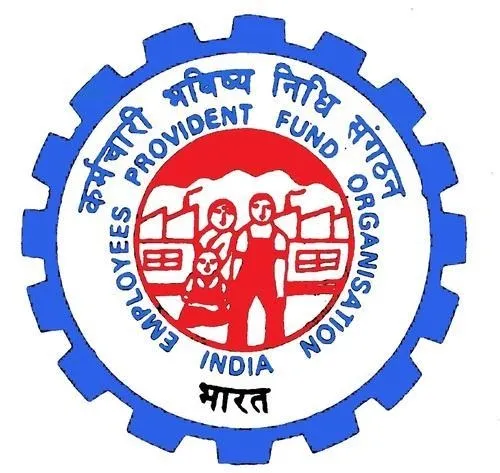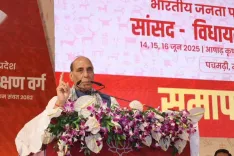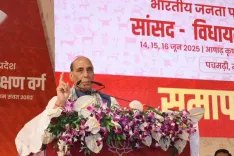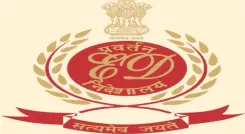Why Should EPFO Members Avoid Agents and Use Official Services?

Synopsis
Key Takeaways
- Utilize the EPFO portal and UMANG app for free services.
- Engage only with authorized EPFO platforms to protect your data.
- All EPFO services including claims and KYC updates are free of charge.
- Grievance redressal is efficient with a high resolution rate.
- Recent reforms have simplified processes for members.
New Delhi, June 16 (NationPress) The Employees’ Provident Fund Organisation (EPFO) has issued a warning to its members, advising them to refrain from interacting with unauthorized agents or third-party firms for EPFO services. Engaging with these unapproved entities could jeopardize their financial information. Such external companies often impose unnecessary fees and may compromise the security of personal details, as stated in an official announcement released on Monday.
It has come to attention that numerous cybercafe operators and fintech companies are charging EPFO members exorbitant fees for services that are officially offered free of charge. These services are straightforward and can be accessed directly by members, as the process has been streamlined, according to the statement.
In many instances, these operators merely utilize the EPFO’s online grievance portal, which any member can access independently, at no cost, from their homes.
EPFO strongly encourages all its members, employers, and pensioners to take advantage of the online services available through the EPFO portal and the UMANG app.
All services provided by EPFO, including claim processing, transfers, KYC updates, and grievance handling, are completely free of charge. Members should not incur any expenses by consulting third-party agents or cyber cafes for services that can be conveniently accessed online. Additionally, members can reach out to EPFO helpdesks or Public Relations Officers at regional offices listed on the official website (www.epfindia.gov.in) for assistance with any issues.
The official announcement emphasized that EPFO has a comprehensive grievance monitoring and redressal system, where member complaints are registered on the CPGRAMS or EPFiGMS portals and are tracked until resolution within a specified timeframe. In the fiscal year 2024-25, a total of 1,601,202 grievances were logged in EPFiGMS and 174,328 in CPGRAMS, with 98 percent of these grievances being resolved within the stipulated timelines.
The EPFO has implemented a series of reforms aimed at enhancing the speed, transparency, and user-friendliness of its services for all stakeholders. These initiatives reflect EPFO’s commitment to providing secure and efficient services.
Recently, EPFO has issued guidelines to simplify KYC or member detail corrections, facilitate transfer claims, and deploy functionality for the automatic settlement of advance claims up to ₹1 lakh, along with the Centralized Pension Payment System (CPPS) to streamline the pension disbursement process.
For advance claims related to illness, housing, marriage, and education, the auto-claim settlement limit has been raised to ₹1 lakh, resulting in 23.4 million claims settled automatically in the fiscal year 2024-25. The process for transfer claims has also been simplified since January 15 by eliminating the need for employer approvals in most cases.
The online facility for member profile corrections has been enhanced through Aadhaar authentication. In many cases, the need for employer and EPFO involvement in member profile corrections has been eliminated. The online de-linking feature allows members to disconnect incorrect member IDs from their UAN, significantly reducing grievances.
The allotment and activation of UAN are now performed through the UMANG APP using Face Authentication Technology (FAT). This allows members immediate access to EPFO services such as passbook viewing, KYC updates, and claim submissions.
EPFO has also removed the requirement for uploading a cheque leaf image or attested bank passbook to expedite the online claim settlement process and minimize claim rejections. Furthermore, from April 2025, the requirement for employer approval to link bank account details with UAN will also be abolished.






